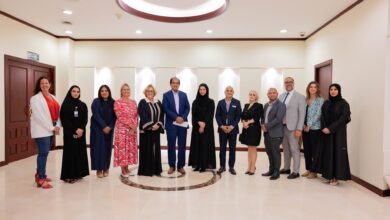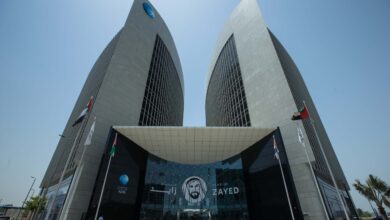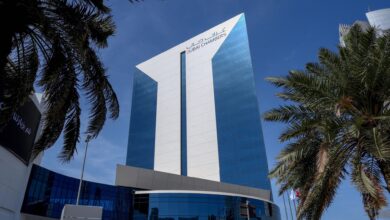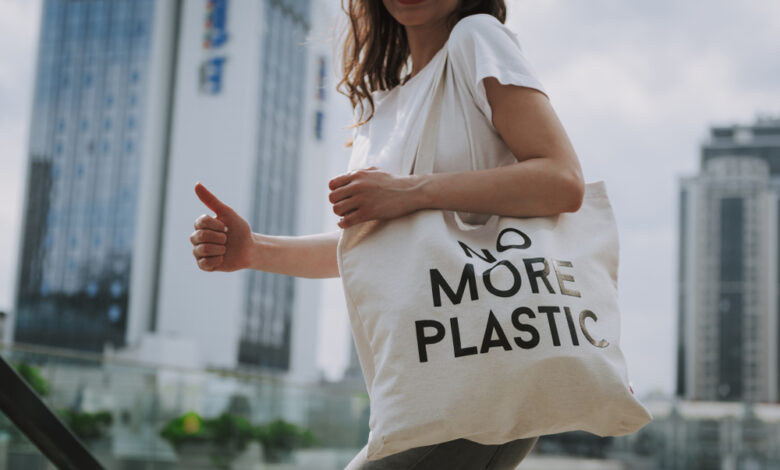
Plastic pollution is one of the most pressing environmental issues the world faces today. Plastic waste includes everything from plastic bags to bottles, single use cutlery, cheap toys and everyday items for household and professional use. These are non-biodegradable due to their chemical structure and some plastic items linger on for decades in Earth’s environment adversely affecting humans, wildlife and their habitat.
A lot of plastic waste is not recycled. There are several reasons for this, such as lack of awareness among the consumers, the non-availability of biodegradable plastic and materials, the cost of biodegradable materials and the lack of regulations and governance in place. A study conducted by The Abu Dhabi center for Waste Management estimated the waste in the UAE to be around 4.892 million tons with a daily average of 6935 tons in the city of Abu Dhabi, 4118 tons in Al Ain and 2349 tons in the western region.
A significant amount of plastic is consumed globally, and more than half of it is not recycled; its final destination is often the ocean or landfills. Plastic dumped in our oceans have a direct and deadly effect on marine life and it eventually becomes part of the food chain. What’s tragic is that this plastic is not degradable and it results in a painful death for marine mammals, like sea turtles, seals seabirds, and whales who either get tangled in plastic waste or ingest it.
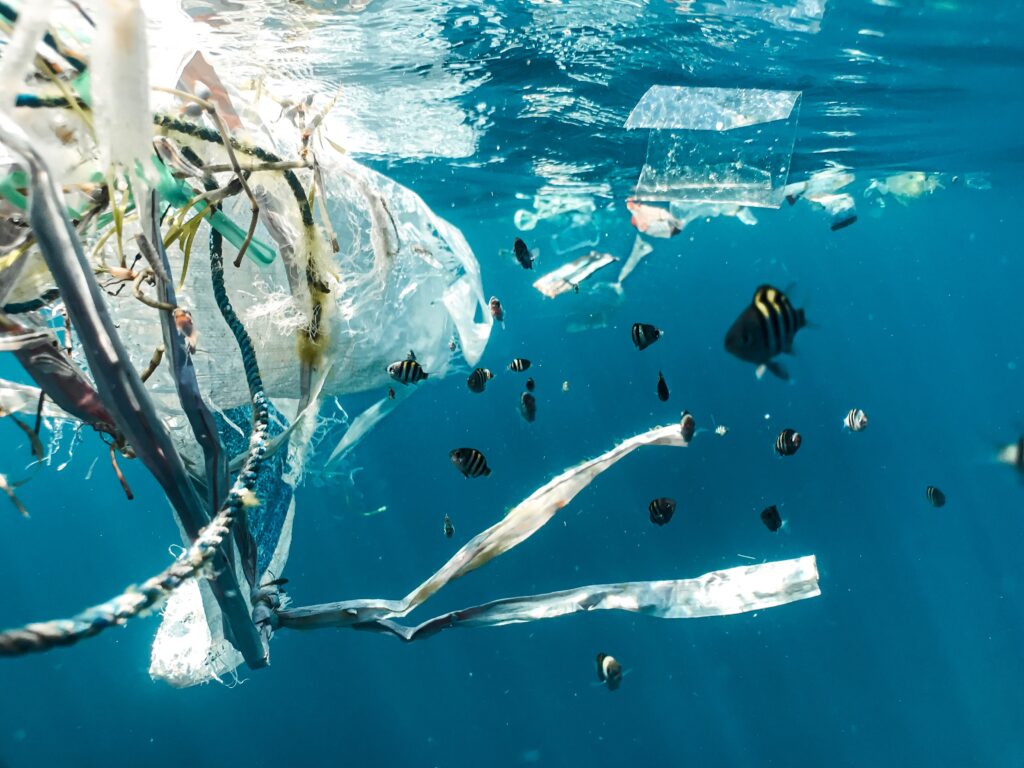
Governments, businesses large and small, and individual groups across the world are acting rapidly to counter the harmful effects of plastic pollution. These efforts range from taking small steps such as introducing reusable beverage cups instead of disposable ones at cafes to discouraging the use of single-use plastic bags at supermarkets. Fortinet, a leading cybersecurity vendor has pledged to zero carbon neutrality by 2030 and has issued environment friendly and waste management policies. These regulations would help streamline and structure the plastic waste management efforts.
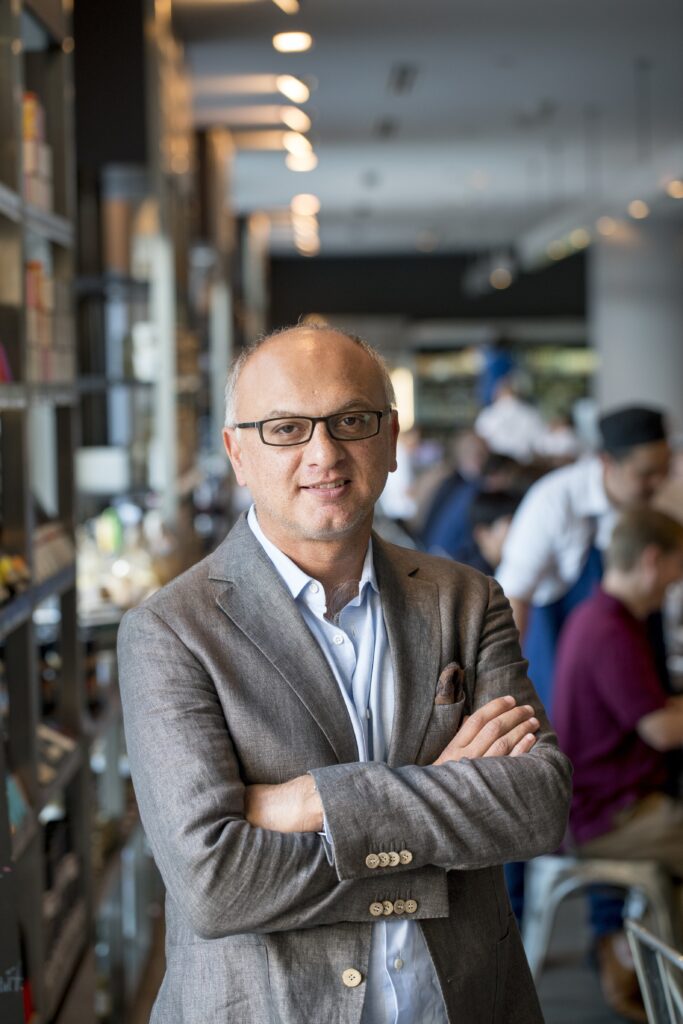
Retail and grocery outlets are opting for in-store and takeaway plastic-free approach, low food wastage, and locally sourced ingredients. As part of Dubai government’s wider initiative to reduce the impact of plastic in the environment, retail outlets, supermarkets, textile and electronics stores have introduced a fee of AED 0.25 for each single-use plastic bag. The tariff has been implemented across all stores in Dubai including, retail, textile and electronic stores, restaurants, pharmacies and e-commerce deliveries as well. The policy will be evaluated over several stages until single-use carry bags are completely banned over a span of two years.
Yunib Siddiqui, General Manager at Jones the Grocer, a popular food outlet says,

“Our takeaway environment-friendly food packaging includes compostable wooden cutlery, paper coffee cups, and boxes all of which have been designed using eco-friendly resources and are free from chemicals. We use paper straws in-store to reduce plastic waste and increase our use of biodegradable, reusable products. We also only serve our water and organic drinks from glass bottles, something we have continued to do over the past 11 years in the UAE.”
SEVA Experience, a yoga, meditation and holistic wellness center with 100% organic, plant based café in Dubai is focused on reducing its dependency on plastic. “We have installed a Kangen water ionizer for our team and clients, encouraging the team to use their reusable bottles and clients to drink our water freely. We do not invest in disposables. Encouraging staff to bring homemade lunches and carry these in cotton SEVA bags helps reduce waste from packaging. We also inform our suppliers to send in as less plastic as possible,” says Eda Gungor, founder at SEVA Experience.
The Emirates Environmental Group (EEG) established the first Plastic Recycling Center on 5th June 2001,to commemorate World Environment Day. However, it launched its ongoing Plastic Collection Campaign in September 2005. EEG’s ongoing plastic collection campaign persuades individuals, families, academic institutions and corporate bodies to collect their waste plastic for recycling. In order to motivate people to recycle plastic, EEG provides collection points for individuals, recycling facilities for schools, and recycling bins for corporates. The campaign has been highly successful since its inception and has recycled 1,335,146 kg of plastic until the end of July 2022.
Plastic production is set to increase 2.5 times by 2050, and unless we change how we make and manage plastics, the problem of plastic pollution will keep on growing. Even the smallest change in the way plastic is disposed of can make a world of difference. So the next time you pop open that bottle of water, or toss that plastic bag, think about where it may end up.

